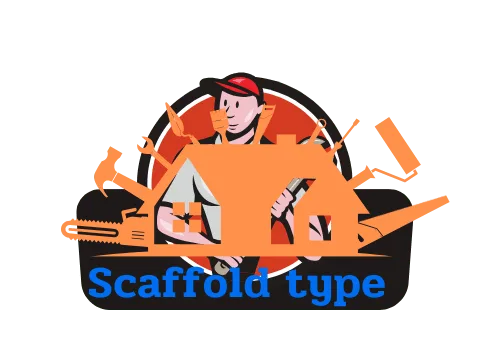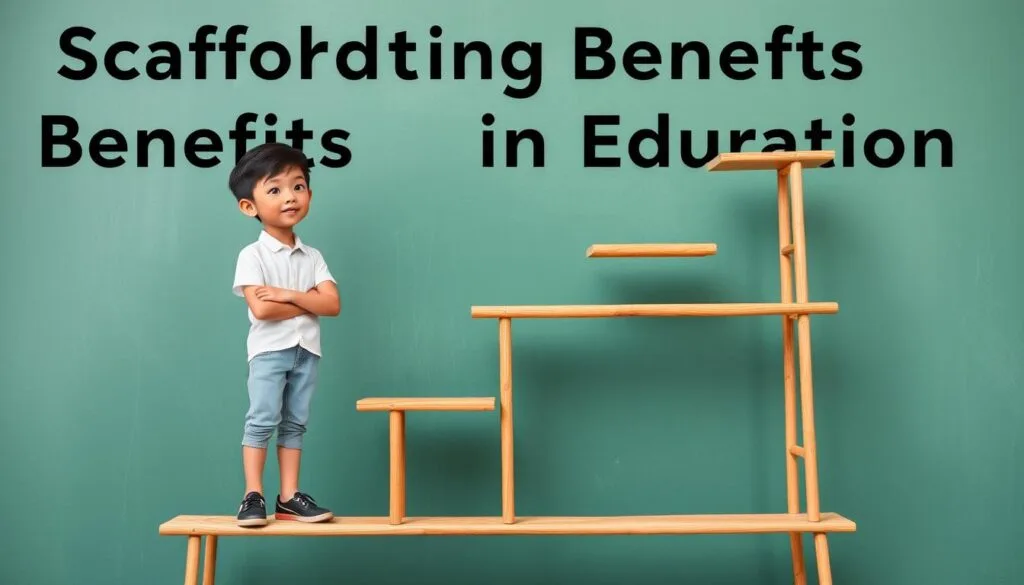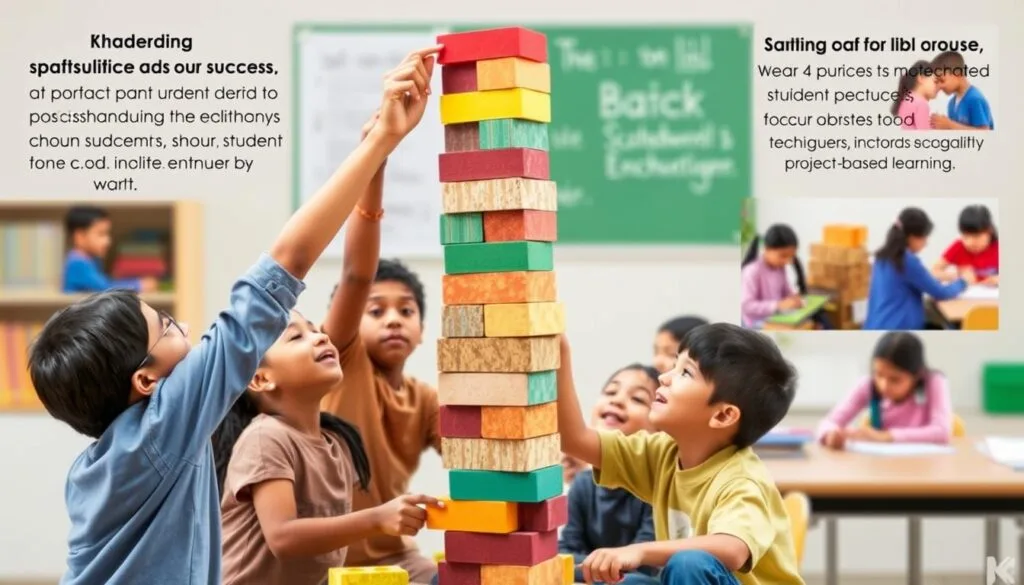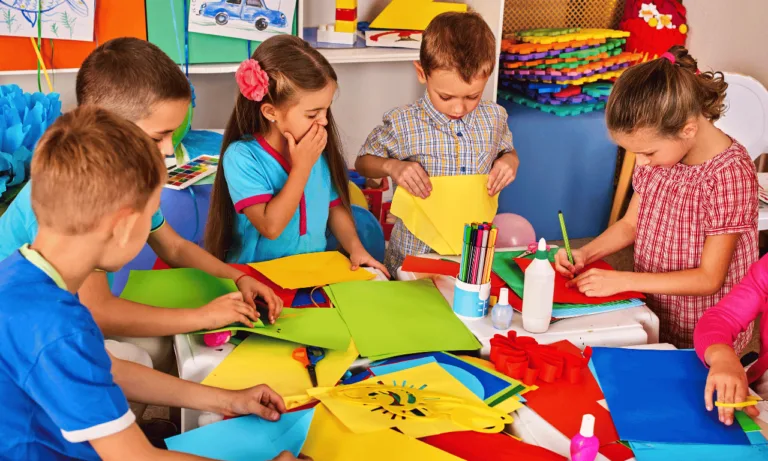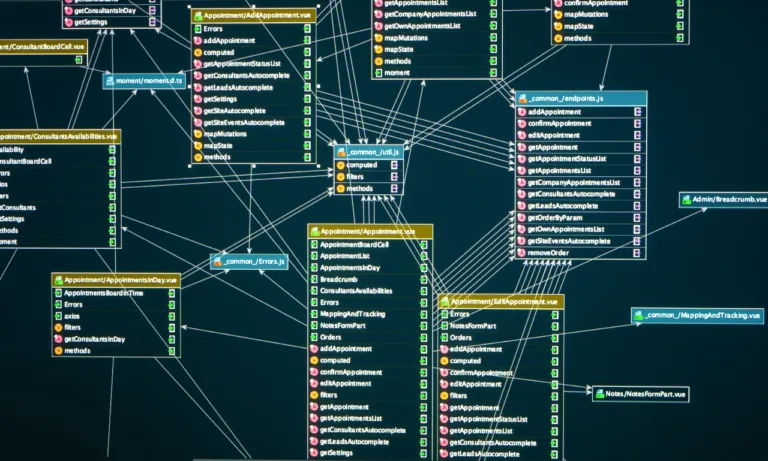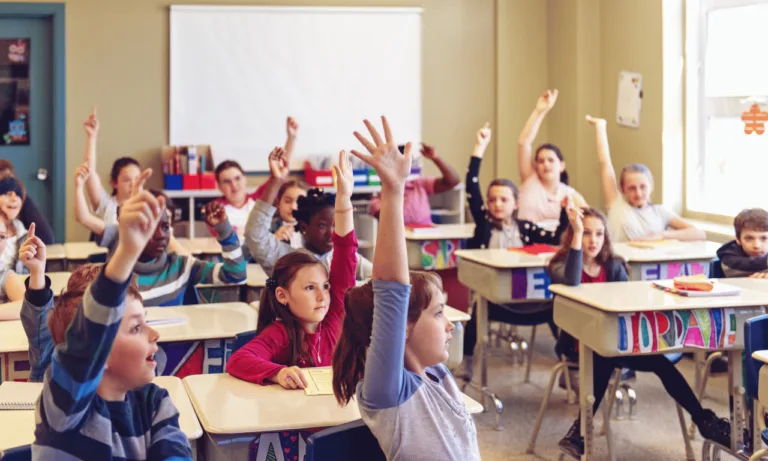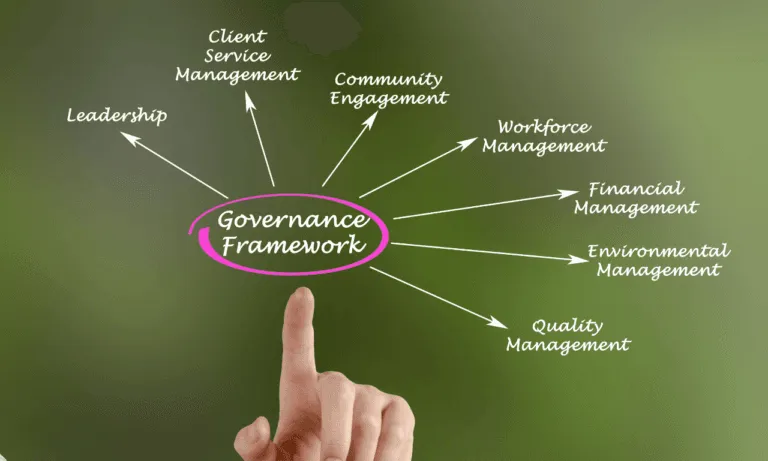Phone:
(+65)8319-0742
In education, scaffolding is a key method that helps students grow. It gives them the support they need to understand tough topics. This approach helps students build confidence and master hard subjects step by step.
Scaffolding gets its name from building, where workers use temporary structures to help them. In class, teachers use scaffolding to help students learn and build their skills. It lets students do tasks they might find hard at first, and then they get to do them on their own as they get better.
Scaffolding has a big impact on how students grow. Teachers use it to help students reach their goals by giving them the right support. This makes learning fun and meaningful for students. They feel supported and motivated to keep going.
As students move through school, scaffolding helps them get ready for learning their whole lives. It teaches them how to solve hard problems and understand complex ideas. This builds their resilience and adaptability. Scaffolding also helps students think critically, solve problems, and learn on their own. This makes them confident and independent learners.
In event seating, scaffolding is very useful. It makes sure people are safe and comfortable at events. It lets event planners create seating that meets the needs of each event, making the event better for everyone.
Key Takeaways
- Scaffolding in education provides temporary support and guidance to help students reach new heights in their learning journey.
- By offering a supportive framework tailored to individual needs, scaffolding empowers students to build confidence, independence, and mastery over challenging subject matter.
- Scaffolding techniques bridge the gap between current knowledge and desired learning outcomes, fostering engagement and motivation.
- Scaffolding prepares students for lifelong learning by nurturing critical thinking, problem-solving, and self-directed learning abilities.
- In event seating, scaffolding ensures safety, comfort, and enhances the overall event experience through customizable and portable seating solutions.
Understanding the Concept of Scaffolding in Education
Scaffolding has changed how we teach and learn. It was first talked about by Jerome Bruner in the 1970s. It’s like the temporary supports in building construction. These supports help a building stand until it can stand on its own. In education, scaffolding means teachers help students, then slowly step back as students learn more.
This teaching method is all about helping each student in their own way. Teachers give the right help to make learning easier. They believe every student can achieve more with the right support.
What is Scaffolding in Learning?
Scaffolding makes learning easier by using temporary helps. In class, this might mean breaking tasks into smaller steps or using pictures to help. The goal is to make learning fun and help students think deeply.
One big plus of scaffolding is it helps students remember things better. Teachers use what students already know to make new ideas clearer. This makes learning more fun and builds confidence in students.
“Scaffolding is a powerful tool that can transform the learning experience for students at all levels. By providing the right support at the right time, we can unlock their potential and help them soar to new heights of academic success.” – Dr. Elizabeth Johnson, Professor of Education
The Zone of Proximal Development and Scaffolding
Lev Vygotsky linked scaffolding to his idea of the Zone of Proximal Development (ZPD). The ZPD is where learning is best because students are challenged but still get help. This makes learning effective and keeps students from getting too frustrated.
Teachers use the ZPD to make learning work best for each student. They might give different help, like working in small groups or one-on-one. The goal is to help students learn without taking away their independence.
| Traditional Teaching | Scaffolded Instruction |
|---|---|
| One-size-fits-all approach | Tailored to individual needs |
| Limited support and guidance | Strategic use of temporary supports |
| Focus on memorization and repetition | Emphasis on critical thinking and problem-solving |
| Teacher-centered instruction | Student-centered learning |
As students get better, teachers slowly take away the help. This lets students take charge of their learning. This fading support is key to scaffolding’s success. By using scaffolding, teachers can make learning better for everyone. Scaffolding changes education, helping every student reach their full potential.
The Purpose and Benefits of Scaffolding
Scaffolding in education helps students reach new heights in understanding and achievement. It provides a structured framework that fills in learning gaps. This makes complex concepts easier to grasp and helps students develop important skills.
Like physical scaffolding helps build a building, instructional scaffolding supports learners on their way to independence and success.
Bridging the Learning Gap
Scaffolding bridges the learning gap, helping students move through the zone of proximal development. This zone is the gap between what students can do alone and what they can do with help. By offering targeted support, scaffolding lets students overcome challenges they couldn’t handle alone.
As students get better, they take more control of their learning. They move from depending on the teacher to mastering the material on their own.
Fostering Independence and Confidence
Scaffolding boosts both academic growth and independence in learners. When students succeed with scaffolded activities, they believe more in their abilities. This confidence encourages them to tackle harder tasks and explore more in learning.
By slowly removing support as students improve, scaffolding helps them become self-reliant and confident in solving problems. Instructional scaffolding strategies aim to make students independent, lifelong learners.
Enhancing Student Engagement and Participation
Effective scaffolding makes students more engaged and active in learning. It breaks down hard tasks into easier steps and gives clear guidance. This reduces frustration and gets students involved in their learning.
Strategies like think-pair-share and group discussions let students interact with the material and share ideas. These activities improve understanding and create a classroom community.
“Scaffolding is a powerful tool that can help students become more engaged, confident, and independent learners. By providing the right support at the right time, we can unlock their full potential and help them soar to new heights of achievement.”
Scaffolding’s benefits go beyond the classroom. It prepares students for real-life challenges by improving problem-solving and critical thinking skills. As educators refine scaffolding, students become more active in their learning and success.
| Scaffolding Phase | Teacher Responsibility | Student Responsibility |
|---|---|---|
| I Do | 90% | 10% |
| We Do | 40% | 60% |
| You Do | 10% | 90% |
In conclusion, scaffolding is crucial in education. It supports student growth, fills learning gaps, promotes independence, and boosts engagement. By offering a supportive framework that gradually gives learners more responsibility, scaffolding helps students become confident and active in their learning journey.
Key Strategies for Effective Scaffolding
Effective scaffolding strategies help students learn more and reach their goals. Teachers use these strategies to support students’ growth and independence. They make learning easier and more fun.
Building on Prior Knowledge
Using what students already know is key to scaffolding. Teachers connect new ideas to what students already understand. This helps students learn better and remember more.
Providing Clear Instructions and Guidance
Clear instructions are vital for scaffolding. Teachers break down hard tasks into simpler steps. They give hints to help students understand and connect ideas. It’s like using mast climbing scaffolding in building projects.
Encouraging Active Learning
Getting students involved is important for scaffolding. Teachers use activities like think-pair-share to keep students engaged. These activities let students share ideas and work together, deepening their understanding.
Offering Timely Feedback and Support
Feedback and support at the right time are key. Teachers watch how students are doing and give helpful feedback. They adjust their help to help students overcome hurdles and grow in confidence.
“Scaffolding is the support given during the learning process which is tailored to the needs of the student with the intention of helping the student achieve his/her learning goals.”
– Rachel R. Van Der Stuyf
Using scaffolding wisely can change how students learn. By building on what they know, giving clear instructions, encouraging them to learn actively, and giving feedback, teachers help students reach their best potential.
Define Scaffolding in Education
Scaffolding in education is a way to help students learn better. It uses supportive tools to make learning easier. Teachers use different methods and resources to help students learn new things.
A Comprehensive Definition
Scaffolding breaks down hard tasks into smaller steps. It gives students support and guidance at each step. This makes learning easier and helps students build on what they already know.
It’s great for filling in learning gaps. This way, students can reach their goals, no matter their current skills.
Scaffolding as a Supportive Framework
Scaffolding is like a ladder jack scaffolding in construction. It helps students reach new levels in their learning. Teachers use scaffolding to give students the tools and help they need.
This makes students feel confident and independent. They learn to take charge of their learning.
The Gradual Release of Responsibility Model
The gradual release model is a big part of scaffolding. It moves learning from the teacher to the student step by step. At first, teachers teach and guide students a lot.
As students get better, teachers give them less help. This lets students use what they’ve learned on their own. It helps students learn to solve problems by themselves.
